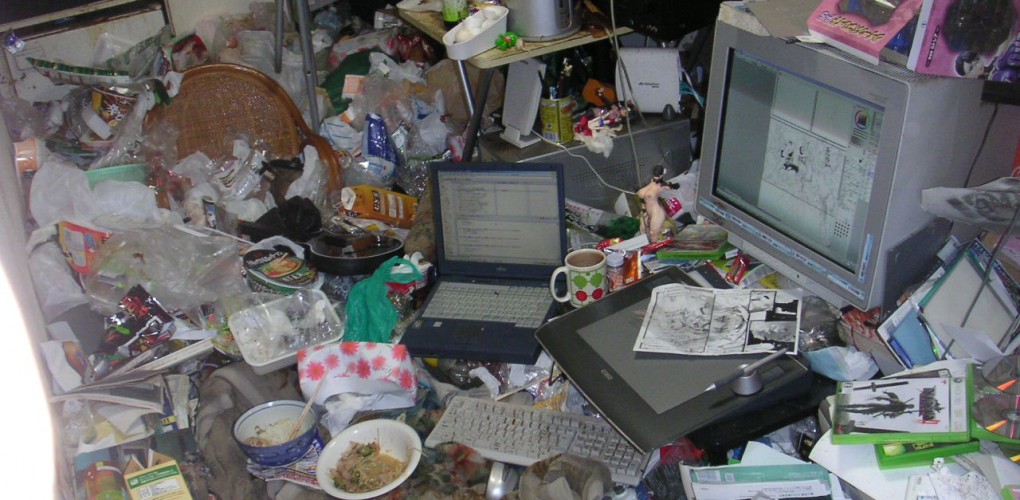Trash Houses Are A Real Problem In Japan And This Company Is Fixing It

Have you ever heard about Magonote Inc.? It is a company dedicated to cleaning trash houses in Japan. The company cleans about 850 houses every year. According to Sasaki Hisashi, owner of the company, ‘In these peoples’ homes, you find leftover food, discarded instant-noodle cups, and half-filled drink containers. For some, the garbage is piled so high, they can’t open their toilet door and instead pee into a bottle. My business is cleaning up these ‘trash houses.’’

According to Sasaki, this work started in 2008 when his trucking business in Osaka went bankrupt. He recalls, ‘I made my way to Tokyo and started taking on odd jobs as a handyman. Lofty ideals of serving society and helping people in distress were the last things on my mind. I’d do anything if it brought in some cash.’

It was these odd jobs that led Sasaki to clean the apartment of a student when she offered some monetary compensation. Sasaki says, ‘I visited her place to give her an estimate, but nearly turned around and left. Upon opening the door, I was accosted by the sight of a huge pile of garbage a full meter high leading from the entrance all the way back into her typically small student apartment. There were a foul odor and flies buzzed about. The gas and electricity had been turned off. This girl was living in the middle of this garbage with only a flashlight to find her way around. I had done some housecleaning and garbage disposal jobs before, but this was my first encounter with a bona fide trash house.’

The said student was living on the allowance that she received from her parents and was not able to pay a decent sum of money. On the other hand, Sasaki had just started the handyman business about twelve years ago and could not take any charity work. Nonetheless, he was drawn to the job. He says, ‘This young girl was only around twenty or so, and here she was, living in a garbage dump. I just couldn’t turn her down out of hand. Finally, we agreed she would pay the remainder of what she owed in installments later. I had no idea how to go about cleaning a trash house, and there were no employees to help me, just my wife and son. The three of us set about the task with grim determination.’

Sasaki felt like he had done the right thing when he received an email from the student. In Sasaki’s own words, ‘Others had turned her down, she wrote, and if I had also rejected the job, she thought she would have to kill herself. That’s when I made the decision to specialize in this kind of work.’ The people who reside in trash houses are the ones who have difficulty in communicating and eventually stop caring because no one visits them. But that is not the only kind of people living in trash houses; people who have high-demanding jobs tend to be lazy about cleaning the house as well.
Another category of folks that Sasaki encounters are the old people who find it quite painful to throw away stuff. They hang on to old items, and eventually, it gets piled up and overwhelming. Sasaki says, ‘Given what I’ve seen, I think the elderly should be allowed to keep their things, even if you know they will never use them, so long as their homes are relatively sanitary and at least navigable. It may sound crass, but frankly, the cleaning up can be done after they die. That’s a lesson I learned from one of my clients.’

In a nutshell, it comes down to the fact that the way you are living and maintaining your home speaks a lot about what you are going through. Magonote Inc. is focused on transforming the trash houses into homes that provide comfort to the occupants. You don’t need to fill up your home with cheap items to the extent that it gets overflowed. What do you think of the work that Sasaki Hisashi is doing?